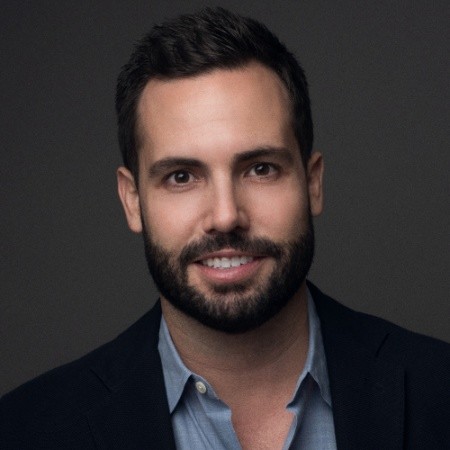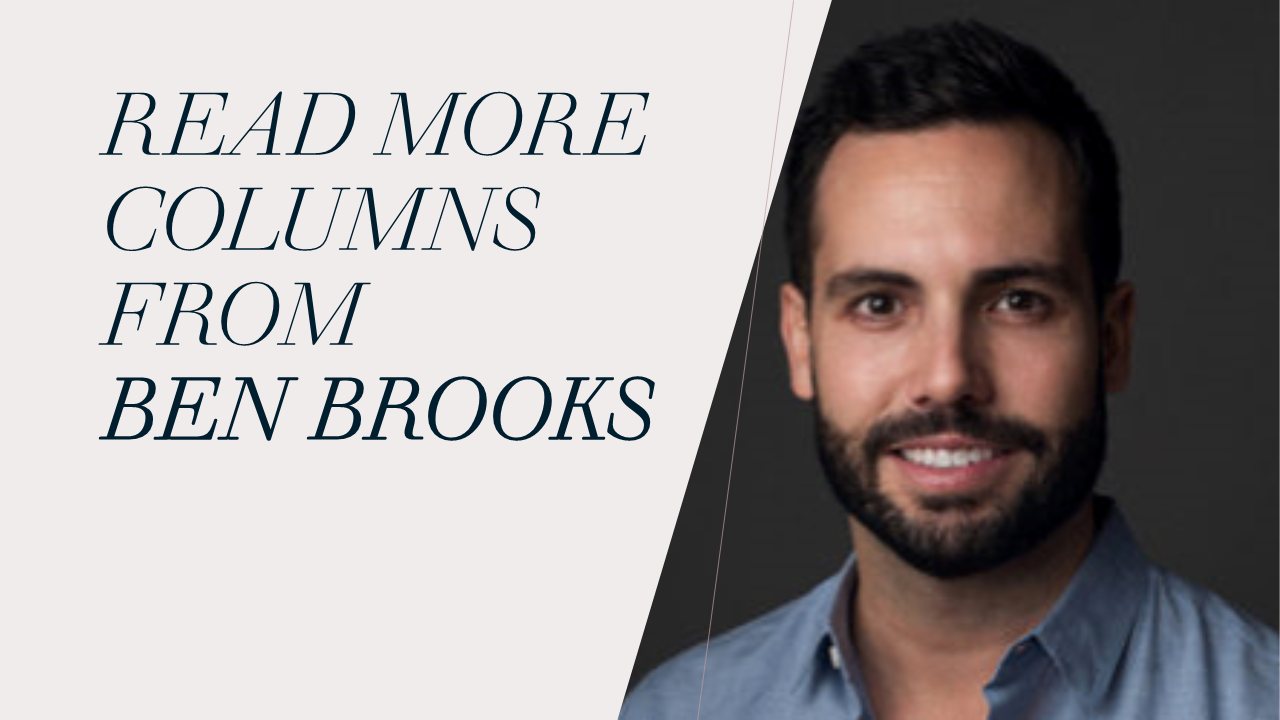Ahhh … it’s that time of year again. We’ve (somehow!) managed to survive everything that 2020 threw at us, gotten through annual enrollment, a historic election, a second wave of the pandemic, the year-end process and a subdued holiday season. For many HR leaders, our compensation reviews and associated distribution are wrapping up just as our performance management processes go into full gear, and new budgets are beginning to unlock a flurry of all-new hiring requisitions. It never stops, does it?

In our rush to kickstart the annual performance cycle (including goal setting), most HR leaders I know struggle in getting management to define and cascade organizational goals, having employees define their professional growth aspirations and getting anyone to use the often-clunky IT systems that everyone complains to us about. Our goal is typically to get a significant percentage of employees to submit (and their managers to approve) these goals in said systems.
Spring HR Tech is coming. Register here.
This cumbersome annual slog creeps in to rob HR executives and their teams of the ability to focus on themselves and on their own careers. A typical refrain you might hear is that HR professionals are there to “get people paid,” “keep us out of trouble” or “make sure there are butts in chairs.” And, certainly, these foundational aspects of HR operations, employee relations and recruiting are vital, valued aspects of our work, but what our organizations need from us in 2021 is far more than the simple act of keeping the lights on.
And then, of course, there is the matter of our own professional growth and advancement. The competencies that help us deliver the fundamentals of HR have become expected table stakes. These are “threshold competencies” that we must deliver on, and when we do, we are merely meeting the minimum expectations for our function and related roles.
I implore you to stop, to slow down and to pull up. Prioritize yourself, your team and your careers. You can lead this year’s performance management process through leading by example. Focus on your own damn goals!
Consider how you want to grow professionally, to develop the “differentiating competencies” that reflect the skills of the future for HR, drive major change and stand out in the labor market. As the demand for strategic HR grows, and the economy recovers, I predict that there will be a great deal of movement–and, thus, additional career opportunities for those on the leading edge of our field. Not to mention, additional compensation will flow to those who are seen as being the ones who are “driving” the field forward.
One place to look for inspiration is in following one of Stephen Covey’s seven habits of “begin with the end in mind.” Think about when you might leave your current role … perhaps for an internal promotion, a new opportunity externally or to even retire. What will your legacy be? When people ask you about your prior role, what significant accomplishments will you be able to point to? Try and craft goals around the select programs and initiatives that will represent your own efforts and commitments.
In order to drive change for organizations, at scale, we often have to grow as individuals ourselves. Perhaps you need to become more data-driven or gain a deeper understanding of workplace technologies; maybe it is developing nuance and expertise in workplace belonging or the courage and savvy to advocate for yourself; or perhaps it might be setting clear boundaries and making hard decisions sooner. Ask yourself, “What would the 2.0 version of myself look, act and sound like?” Define the kind of professional you’d like to become in the future.
Another lens explores beyond the job itself–looking at your career as a portfolio, with your current job only representing one large slice. This could still be within the realm of being a professional, getting involved in professional associations, becoming a thought leader, doing freelance consulting, teaching in the field, networking on social media, joining a nonprofit board, taking on additional education or even advising a promising start-up.
And then, at last, there is the big picture of your whole life to consider. In coaching, one common insight you’ll often find is that there is only one “you.” We don’t have two characters: work us and personal us. Instead, we wake up, navigate our days and then go to bed, all as one integrated (sometimes messy) individual who only has a fixed number of hours available to us in the day. This is one of the only fair things in life–that Beyoncé, you and I each only get 24 hours each day! So, I’d absolutely encourage you to factor in the goals related to your health, friendships, enrichment/recreation, financial security, family, spirituality/faith and romance. And, while you may feel a bit reticent to “mix” goals between the boundaries of work and the rest of your life, I encourage you to look at it all holistically, even if you decide to exclude personal goals from your HR systems input (though managers often love to know and support employees’ personal goals).
Again, though, please focus on your own damn goals! The best leaders are those who lead by example, and those HR leaders who are able to walk the proverbial walk will be rewarded with a year ahead that is more successful professionally and (even more importantly) more satisfying overall.
*
Editor’s note: Learn more on this topic during HR Executive’s upcoming webinar featuring Ben Brooks, along with our sponsor Paychex, on why remote work requires rethinking performance management. Click HERE to register.



